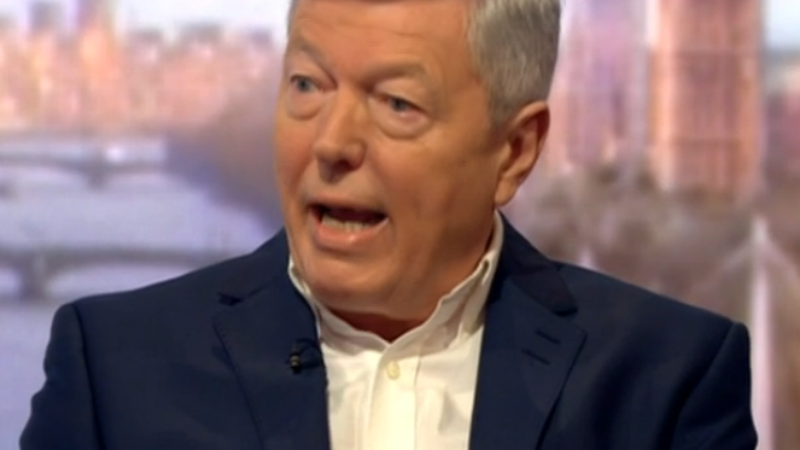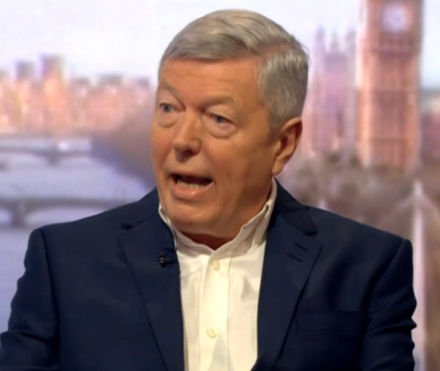

Labour’s campaign to remain in the EU steps up a gear today as Alan Johnson warns 50,000 manufacturing apprenticeships could be put at risk if Britain votes to leave.
Johnson, head of Labour In for Britain, will respond to days of Tory infighting by setting out the economic case for staying in the 28-member bloc and highlighting its support for manufacturing and high-tech jobs.
The former Home Secretary said a decision to leave the EU would mean “letting down” young British workers as part of an impassioned plea to protect the manufacturing industry.
Around 50,000 manufacturing apprenticeships in the UK are dependent on exports to the EU, Johnson will say.
“For each one of those apprentices, gaining skills, earning a good wage and working towards a career, we can’t let them down, turn our back on the world and cut British manufacturing and industry off from their largest export market.”
Johnson is visiting the Airbus plant in Bristol as part of an attempt to set out the practical case for remaining in the EU.
His speech comes after several days of Tory rows including Boris Johnson’s declaration for the Out campaign, as well as that of six other Cabinet ministers. The London Mayor later indicated a vote for Brexit could form the basis for a second round of negotiations on Britain’s future inside the EU – a view ridiculed yesterday by David Cameron.
Today Alan Johnson is expected to avoiding a lengthy discussion of Cameron’s deal – but will warn of the impact of Brexit on British industry.
“For UK manufacturing jobs, our EU membership is absolutely critical. Two thirds of British jobs in manufacturing are dependent on demand from Europe.
“That’s two thirds of our manufacturing base reliant on that single market access and Britain’s membership of the EU. That’s over 1.5 million manufacturing jobs here in Britain.”




More from LabourList
Economic stability for an uncertain world: Spring Statement 2026
‘Biggest investment programme in our history’: Welsh Labour commit to NHS revamp if successful in Senedd elections
James Frith and Sharon Hodgson promoted as government ministers